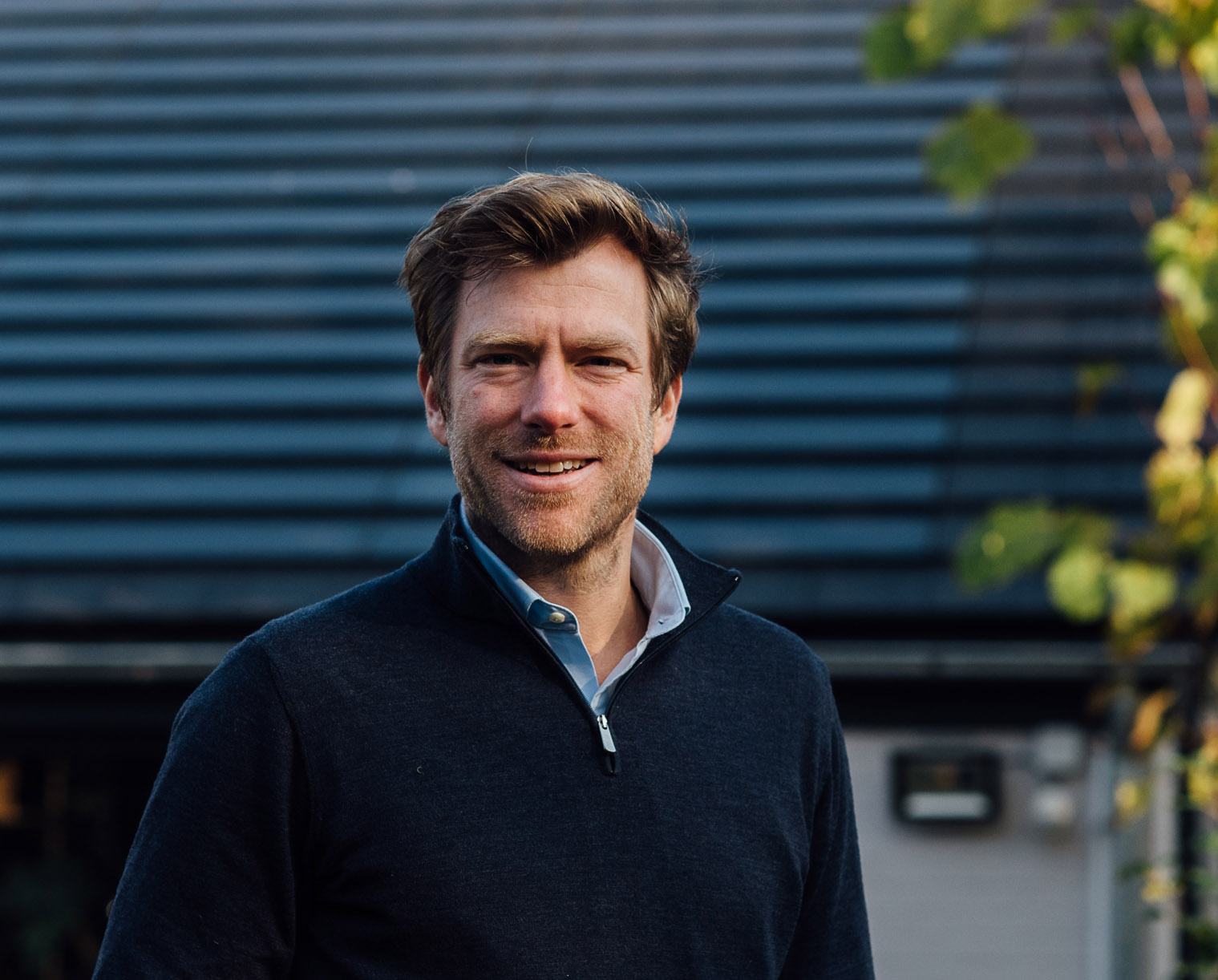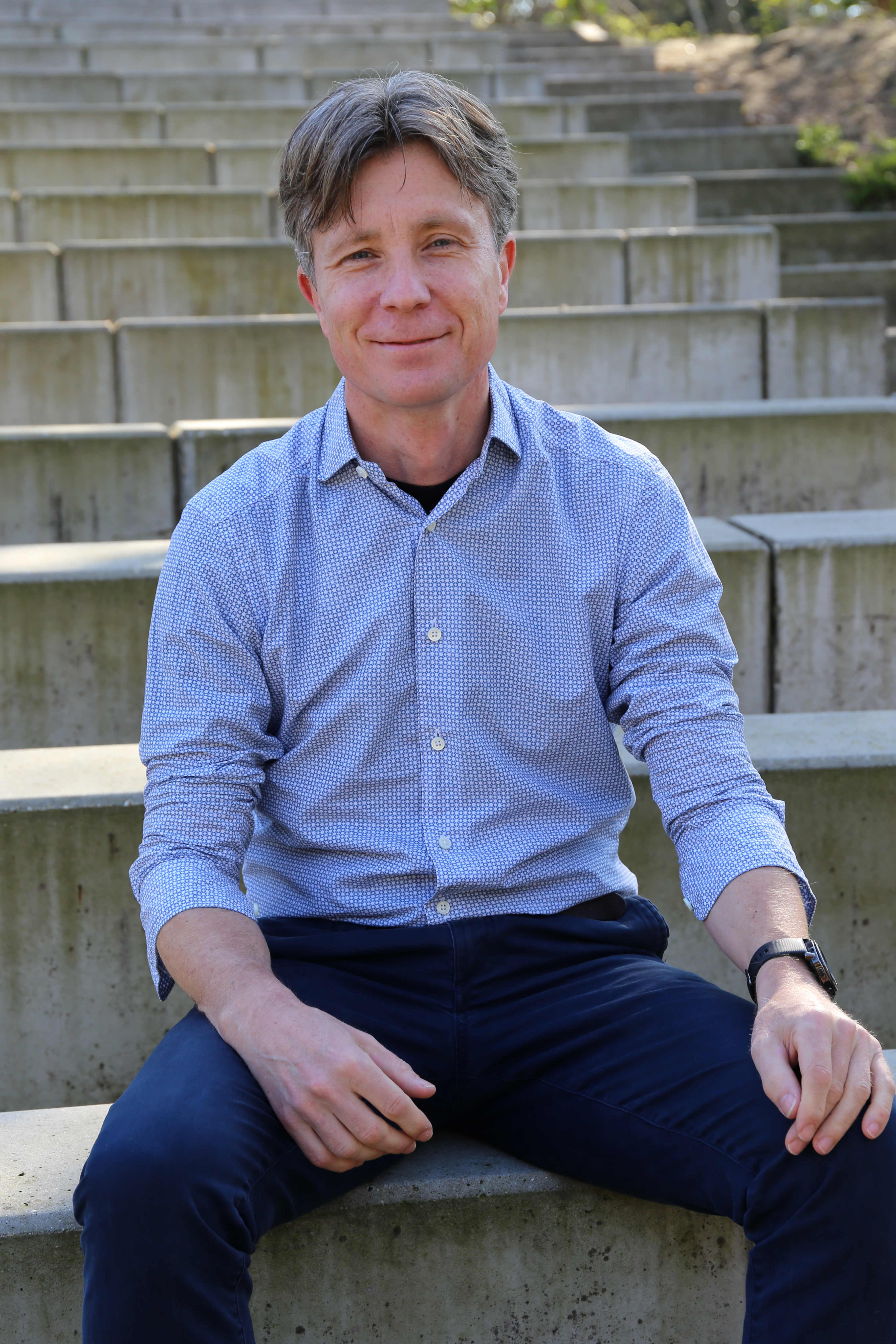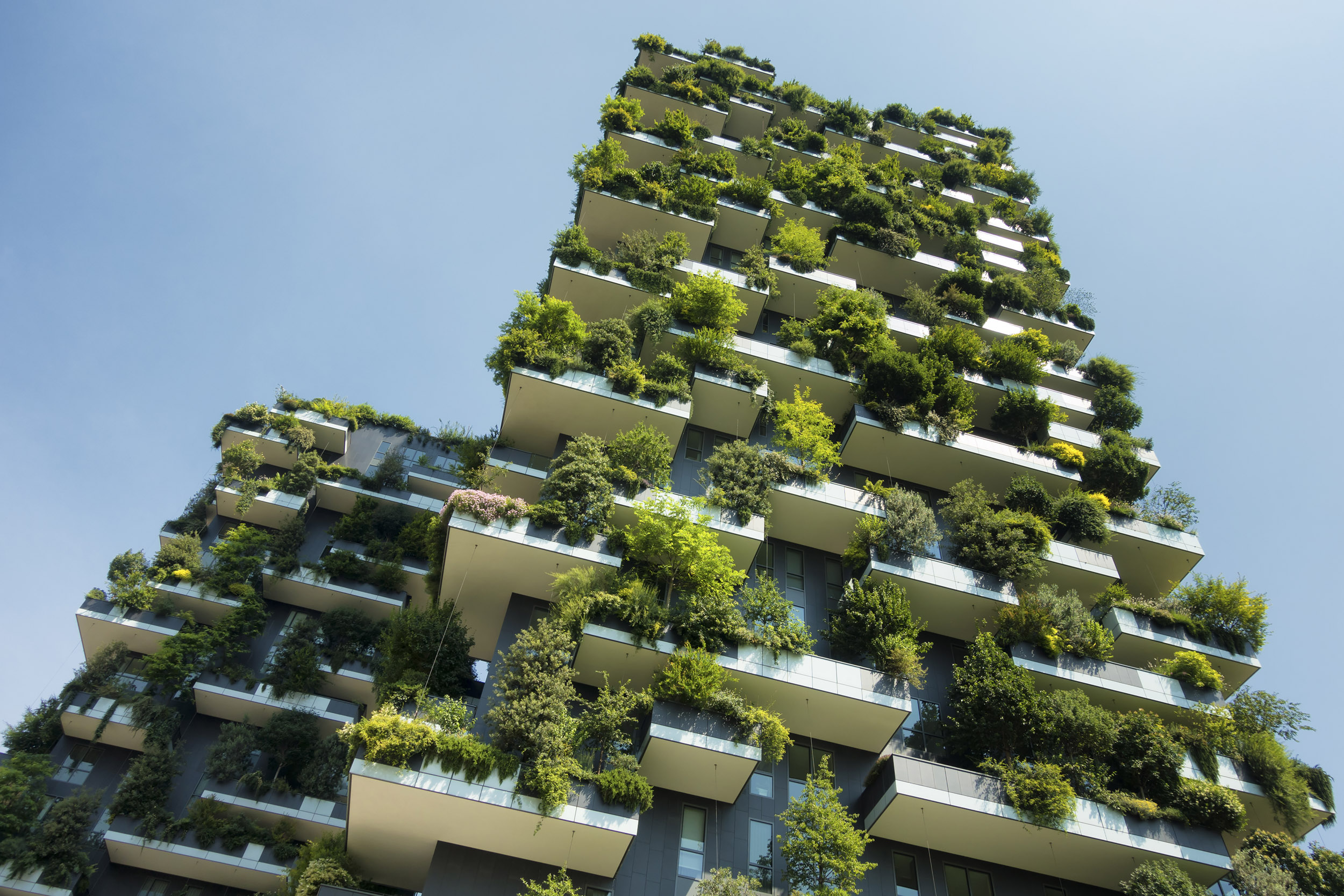Sustainability: priced or prized?
Is sustainability worthwhile? Or is it only worth it if it makes financial sense? Professor in Real Estate Finance Nils Kok and Professor of Planetary Health Pim Martens discuss.
Sustainability is popular. The talk is talked much more than the walk walked – but even the talk is lacking. “I don’t trust anyone who claims to have the one definition of sustainable development,” says Pim Martens. His is a broader and more nested definition than most and he thinks we should conceive of it as relatively subjective and dynamic.
To Martens, the economy is part of society, which in turn is part of the environment – not the other way around. “My definitions has become more open, the more I learn.” He considers systems thinking the way forward and stresses that we need to understand just how dependent we are on nature, that it underwrites our very existence. A mathematician by training, he concedes that this approach might sound vague or philosophical.
Built environment
Nils Kok specialises in real estate because of its concrete effects on sustainability. “40% of global carbon emissions comes from the construction and operation of our built environment. Pension funds invest 10-15% in real estate.” He researches the impact of buildings on the environment. Energy efficiency comes to mind, though Kok thinks that too limited a view of sustainability. “We spend 70-90% of our time indoors. Air quality, natural light exposure and how much we’re incentivised to move have a huge impact on our health and wellbeing.”
Kok researches nature-based solutions, from sustainable building materials like timber to biophilic designs and promoting proximity to nature and other humans. The question is whether we should do so because it’s intrinsically good or because it makes people more productive in the long run. Are happy workers worth investing in? Or is it only acceptable if the investment is smaller than the savings due to e.g. decreased sick leave? Capitalism says the latter.
Trying to convince investors to back sustainability, Kok needs a business case. That, though, is the crux of the argument. Martens feels like we’ve been brainwashed to put economic thinking ahead of any other consideration. “Maybe I’m too naïve in thinking that we like nature for its own sake… But a lot of research suggests that it has measurable benefits; that we thrive only if we’re close to nature, close to others.”
Kok agrees that we are facing a crisis which innovation won’t be able to solve. While system change won’t happen overnight, he does see progress. “Energy efficiency or reducing carbon emission is by no means a done deal, but we can see a pathway – even though it likely won’t be enough. It depends on the incentives. Home owners and investors will do what’s good for the bottom line.”
Continuous growth not sustainable
Kok says that sustainability makes sound fiscal sense but that individuals and companies often don’t take rational decisions due to short term interests or emotional judgements. Also, the market is skewed. “For example, CO2 emissions are currently an externality; you don’t pay the full cost of the energy because the environmental impact isn’t factored in. We should address that through regulations and taxation.”
While deeming incremental change better than nothing, Martens warns that things like factoring externalities into pricing won’t be enough. “It’s just reaffirming and strengthening a system that‘s not working. Increased benefits for shareholders implies continuous growth – which isn’t sustainable. Framing things in terms of short-term profits misses the bigger picture. People need to internalise the fact that we are a part of nature.”
Regardless, the money is slower to follow the facts than economists would assume. “I’ve been talking to investment banks about health and wellbeing for years but the penny only dropped once the pandemic hit,” says Kok. “There’s been a business case for investing in renewable energy for a long time, but only when fossils fuels prices suddenly spiked after the invasion of Ukraine, everyone wanted to invest – but by then, there were material and labour shortages…”

Nils Kok is Professor of Real Estate Finance at Maastricht University. His inaugural lecture was entitled People, Planet, Property. How Buildings Shape the Environment, Your Health and Your Wealth.
The business case for damage control
Kok thinks investments in climate risk, biodiversity and circularity are still lagging. “We’re now on a trajectory where climate change is inevitably happening, so we’ll have to adapt to e.g. rising temperatures. How can we cool buildings? How can we protect our built environment from sea-level rises and inundations?” Extended draughts are a particular problem in the Netherlands where many older houses are constructed on wooden pilings. When ground water levels plunge, those wooden beams are exposed to air and fungi and begin to rot.
“Building certificates incentivise developers to aim at energy neutrality,” explains Kok, “but things like water efficiency, greenery, or location relative to public transit – so most aspects of sustainability – aren’t covered.” That is mostly because the benefits are damages avoided – and thus harder to measure. The same goes for biodiversity loss, a core concern for Martens, which, although existentially threatening, is difficult to evaluate under the current paradigm.
Martens stresses that this is an urgent matter. “It’s no longer enough to slow the damage; we need to start regenerating.” He is frustrated by the inaction and the surrounding hypocrisy. “Most companies are really not interested in sustainability; they just like the PR.” Food is another topic in urgent need of attention. Martens points to the planetary health diet, but adds it’s not just the what – regional, seasonal, very low on animal products – but also the how – together, joyfully.
Emancipating ourselves from the growth-focused consumer capitalist paradigm isn’t about depriving ourselves but about re-evaluating what is desirable. While Martens is motivated by an appreciation of nature, his position can just as easily be argued from human wellbeing as the ultimate end. Both values also prized by Kok, who sums up their ideological differences as evolution versus revolution.
By Florian Raith

Pim Martens is Professor of Planetary Health at Maastricht University, Campus Venlo. His inaugural lecture Planetary Health: the recipe for a sustainable future will take place on 21 April 2023.
- in Featured
- in Researchers
